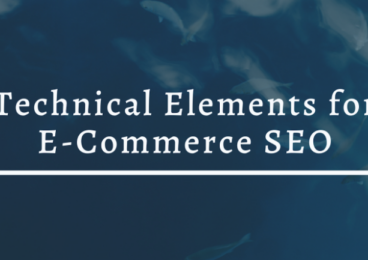 Reading Time: 2 minutes
Reading Time: 2 minutesAs we near the end of the year, most marketers are taking a cursory look at their paid search campaigns and deciding whether they can sustain or must increase their budget for 2013. Another group of marketers, however, is getting in the weeds and taking a hard look at their PPC campaign performance.
They are taking a deep dive into all aspects of the campaign from the campaign structure to the creative.
They are comparing their tactics and landing pages to competitors and finding opportunities to increase results with less money.
David Szetela is a paid search marketing consultant, national speaker and author who works with Vizion Interactive. According to Szetela, “We often see accounts that have been created and modified by several different people over years of activity. Such accounts are frequently rife with paused and deleted campaigns, ad groups, ads and keywords. An outside look can start with a 50,000-foot view – identifying the overall objectives of the PPC effort – and then hold every aspect of the PPC campaigns under a microscope, discovering hidden problems and opportunities.”
Legacy campaign problems can affect quality scores and be a lead weight on your paid search performance. “Often in-house PPC campaign managers don’t have the time, perspective or deep expertise to evaluate their own work and the work of their predecessors,” said Szetela.
Signs Your PPC Campaign Needs an Audit
There are a number of signs that may indicate your Paid Search Campaign is in need of a thorough audit. Have you noticed any of these significant changes becoming a trend in your campaign?
- Declining click-through-rates (CTRs)
- Declining conversion rates
- Increasing average costs-per-click (CPC)
- Increasing average costs-per-conversion
- Decreasing conversion volume
- Decreasing ad rank
- Decreasing keyword quality scores
Brands who simply maintain the status quo in their AdWords campaigns may find themselves outperformed by competitors who have optimized campaigns and are getting more for their budget. A PPC Audit can give you a realistic idea of your competitors’ spending habits, campaign management practices, identifying keywords you may be missing as well as point out the strengths and weaknesses of competitors’ creative and landing pages. This can provide ideas for your own ad copy testing and allow you to craft messages which differentiate your offering.
A PPC Audit can reveal a surprising number of optimization opportunities. The most common finds are:
- Significant mistakes have been made – such as incorrect geo-targeting or misuse of keyword match types
- Small improvements in campaigns can result in big performance gains – for example, improving ad copy can improve ad rank and garner more clicks at lower CPCs.
- Google makes changes to AdWords – some minor, some major – that are difficult to track by even the most diligent PPC managers. An audit can expose opportunities to exploit new features – like Call Extensions – that can result in significant performance improvements.
- No mobile campaign is set up to target mobile users.
- PPC destination URLs are not tagged properly and this traffic is incorrectly being counted as non-paid search traffic in your analytics data.
- Social advertising campaigns have not been explored
- The campaign is not utilizing remarketing strategies
Contact Vizion today to schedule a PPC Audit and find ways to stretch your paid search dollars. For more insights on PPC, follow David Szetela [@Szetela] and the Vizion team @vizionweb on Twitter.
At Vizion Interactive, we have the expertise, experience, and enthusiasm to get results and keep clients happy! Learn more about how our status as a Google Partner, along with our PPC Management, Google Shopping Ads, Social Media Advertising, Amazon Advertising, and other Paid Media services can increase sales and boost your ROI. But don’t just take our word for it, check out what our clients have to say, along with our case studies.




